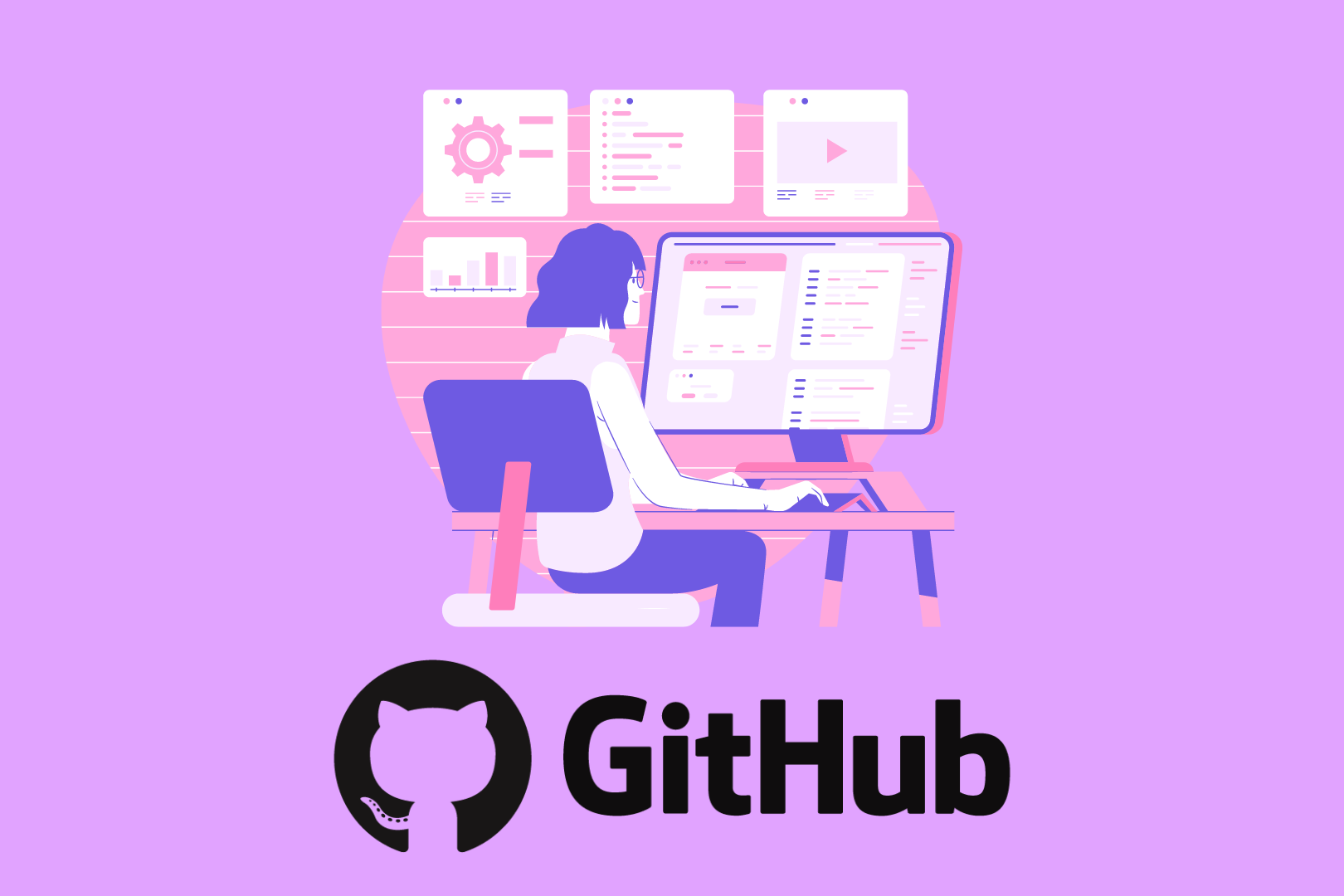Connect GitHub and Zendesk Sell to Build Intelligent Automations
Choose a Trigger

When this happens...

New Issue Is Created

New Branch or Tag Is Created

new release is published

New pull request is opened/closed

New Comment Is Added to Issue

Repository Is Forked

New public repository

repository receives new commits

new repository is created

Get recent gists

Milestone Created

Repository Label Changes

Repository Member Added
Choose an Action

Automatically do this!

Update a Company

Stop Sequence Enrollment

Create product in a Catalog

Update product in a Catalog

Find a Task

Create a Lead

Create a Note

Find a Person

Find a Lead

Find a Contact

Find a Deal Stage

Find a User

Find a Product in Catalog

Find a Deal Source

Find a Deal

Find a Company

Create a Person

Create a Company

Create a Task

Create a Deal

Update a Person

Update a Deal

Update a Lead

Retrieve All Contacts

Retrieve All Custom Fields

Retrieve All Deal Sources

Retrieve All Deals

Retrieve All Lead Conversions

Retrieve All Lead Sources

Retrieve All Lead Unqualified Reasons

Retrieve All Lead

Retrieve All Notes

Retrieve All Orders

Retrieve All Pipelines

Retrieve All Products

Retrieve All Tags

Retrieve All Tasks

Retrieve All Users
Ready to use GitHub and Zendesk Sell automations
Explore more automations built by businesses and experts
Actions and Triggers
When this happensTriggers
A trigger is an event that starts a workflow.
New Issue Is Created
Runs when new issue is created
New Branch or Tag Is Created
Runs when new branch or tag is created
new release is published
runs when new release is published
New pull request is opened/closed
runs when new pull request is opened
New Comment Is Added to Issue
Runs when new comment is added to issue
Repository Is Forked
Runs when repository is forked
Do thisActions
Action is the task that follows automatically within your GitHub integrations.
Create Issue
Creates a new issue in a specified repository.
Find Repository
Return repository details for a specified GitHub user or organization and repository name.
pull request is opened
runs when pull request is opened
Update GitHub Issue
Modify an existing issue's title, description, state, assignees, labels, or milestone in a GitHub repository.
Add comment to issue
Add a comment to an issue.
Find issue
Get an issue's details by number or by title and status
Know More About Github and Zendesk Sell Integrations

6 Ways to Automate GitHub
Learn how to automate GitHub with six practical strategies. Boost your productivity and simplify your projects with our insightful recommendations.

How viaSocket Works | A Complete Guide
Gain insights into how viaSocket functions through our detailed guide. Understand its key features and benefits to maximize your experience and efficiency.

5 Simple Automation Hacks to Make Your Team Free
Unlock your team's potential with 5 straightforward automation hacks designed to streamline processes and free up valuable time for more important work.
Frequently Asked Questions
To start, connect both your GitHub and Zendesk Sell accounts to viaSocket. Once connected, you can set up a workflow where an event in GitHub triggers actions in Zendesk Sell (or vice versa).
Absolutely. You can customize how GitHub data is recorded in Zendesk Sell. This includes choosing which data fields go into which fields of Zendesk Sell, setting up custom formats, and filtering out unwanted information.
The data sync between GitHub and Zendesk Sell typically happens in real-time through instant triggers. And a maximum of 15 minutes in case of a scheduled trigger.
Yes, viaSocket allows you to add custom logic or use built-in filters to modify data according to your needs.
Yes, you can set conditional logic to control the flow of data between GitHub and Zendesk Sell. For instance, you can specify that data should only be sent if certain conditions are met, or you can create if/else statements to manage different outcomes.
About GitHub
GitHub is a platform for version control and collaboration, allowing developers to work together on projects from anywhere. It provides tools for code review, project management, and continuous integration.
Learn MoreAbout Zendesk Sell
Elevate your sales process with Zendesk Sell, a powerful sales automation and CRM platform designed to help you close deals faster and build stronger customer relationships.
Learn More


